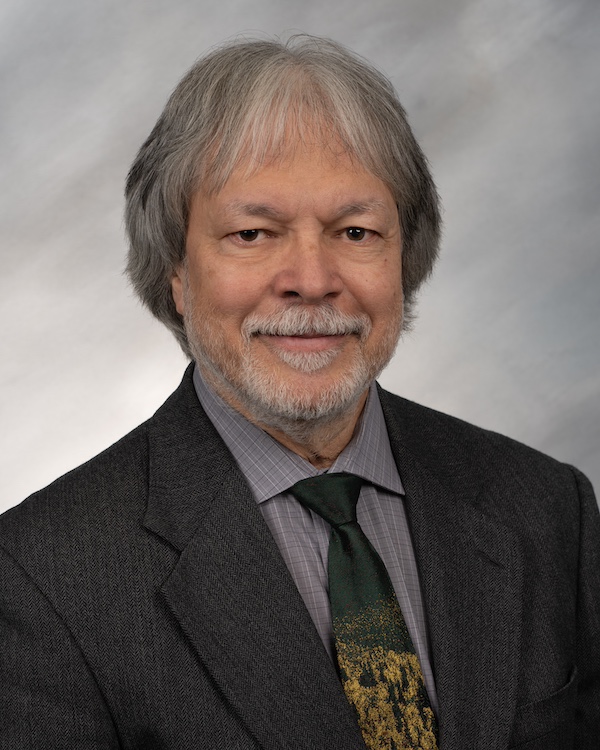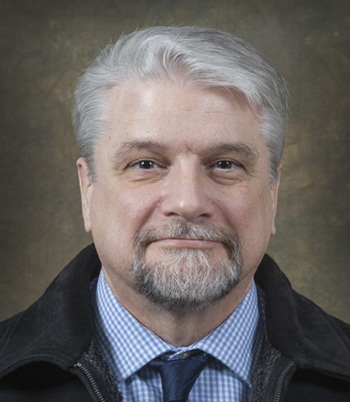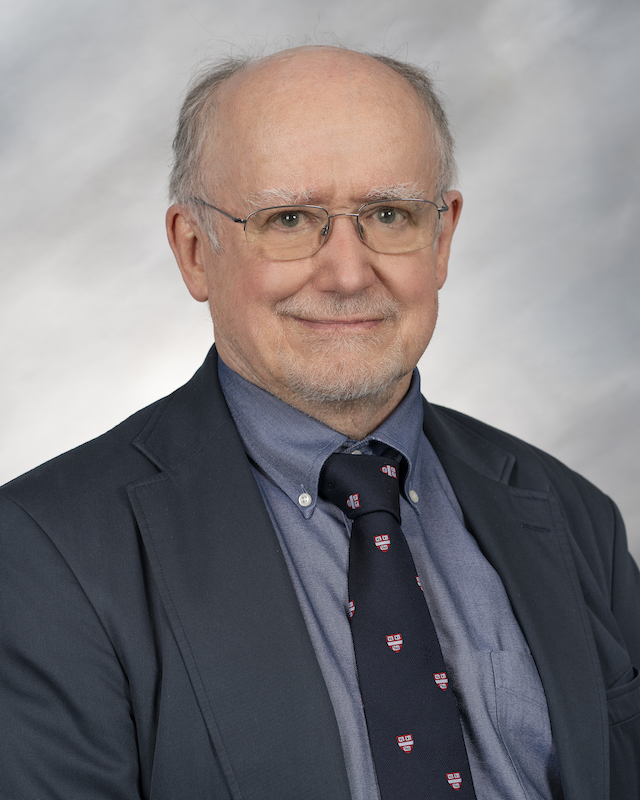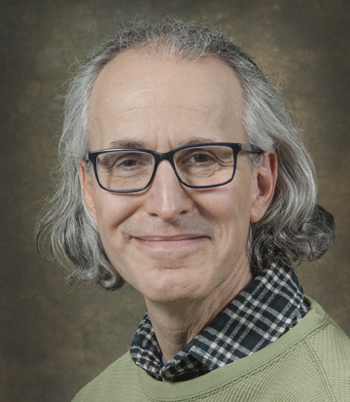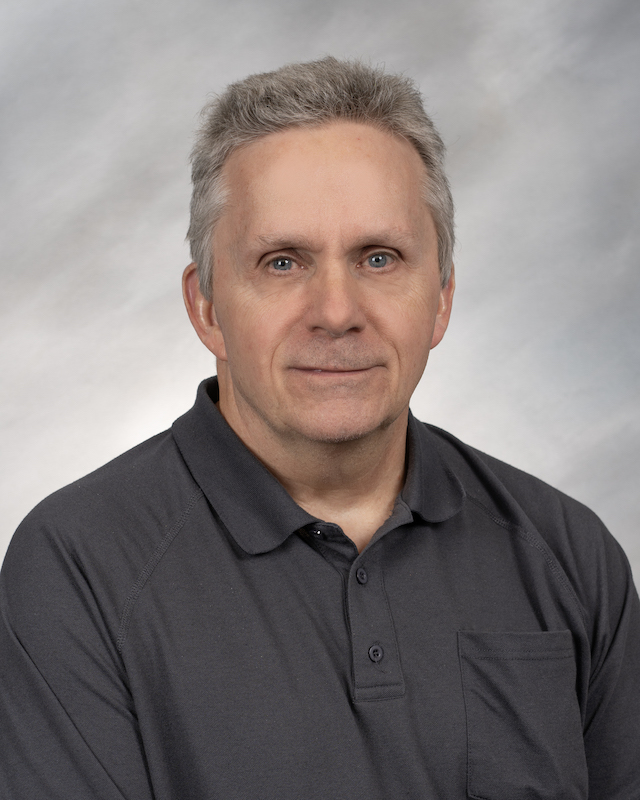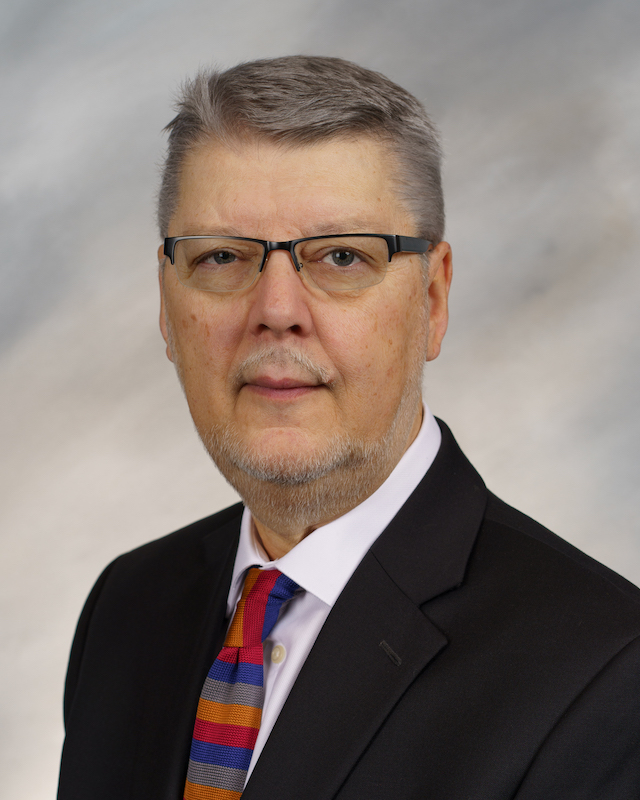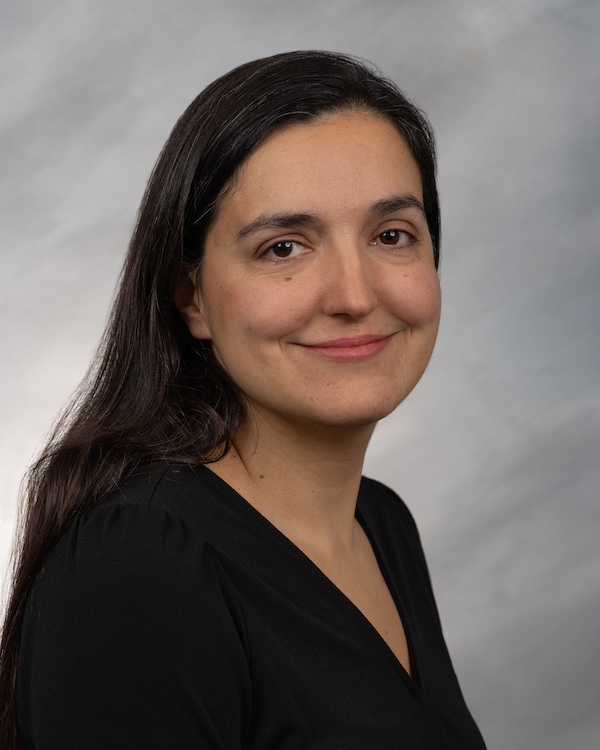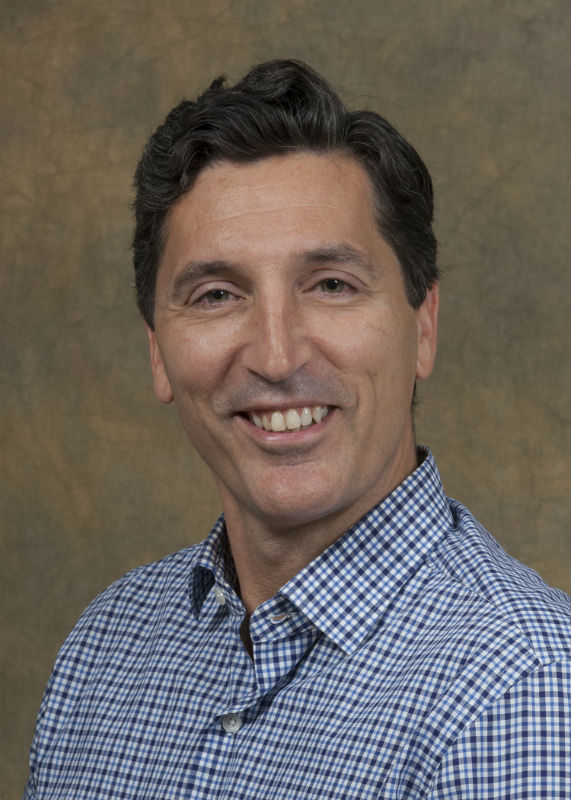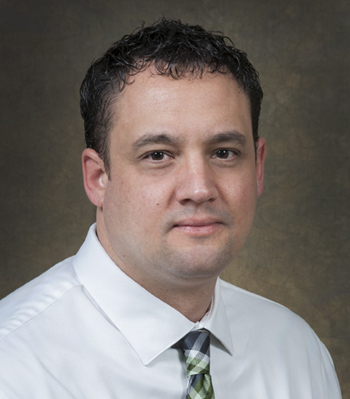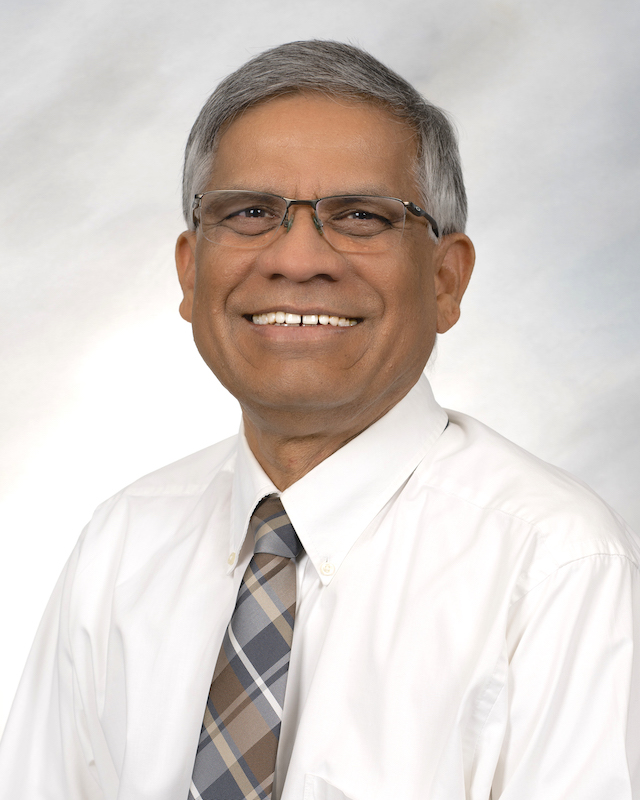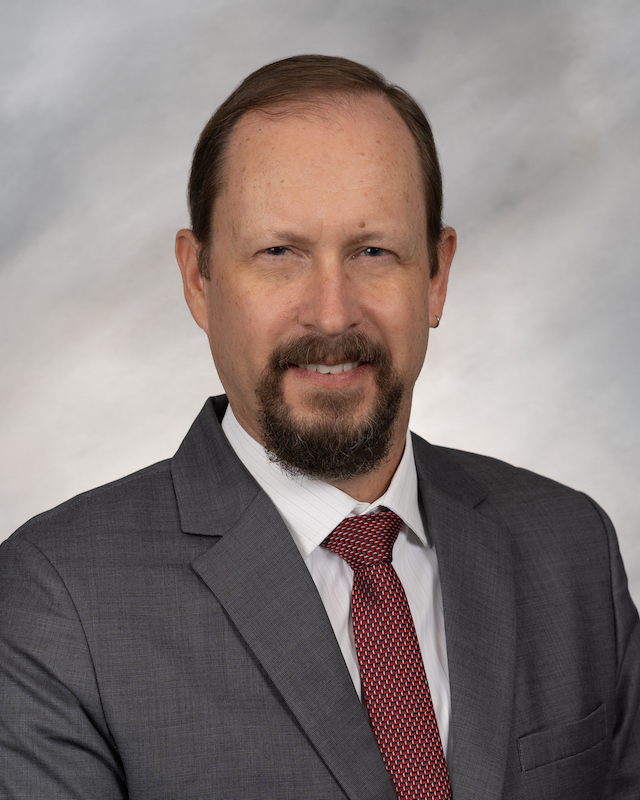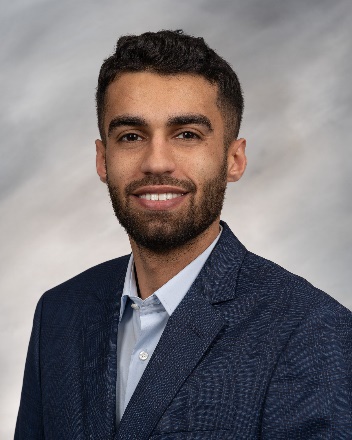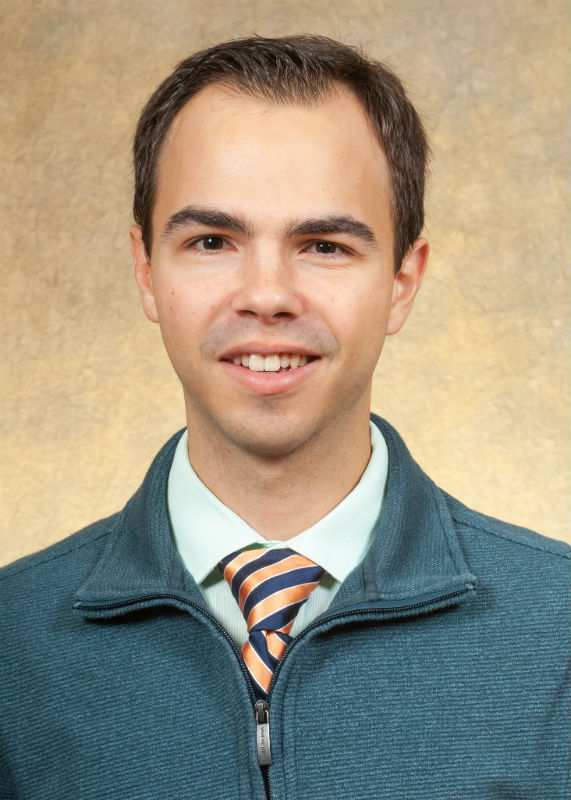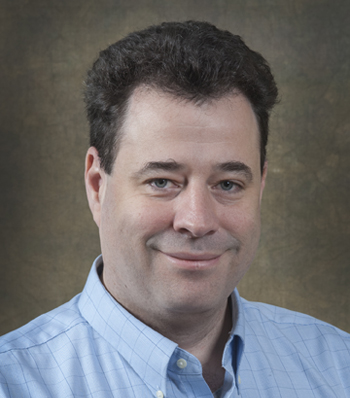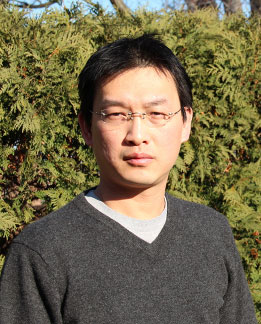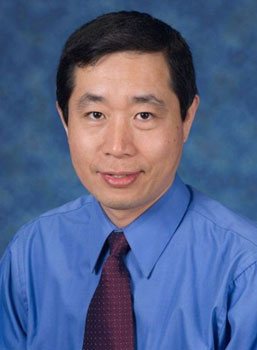Faculty
Professor and Chair
Faculty
-
 Sharon AckermanAssociate Professor
Sharon AckermanAssociate Professor -
 Robert AkinsProfessor | Director of the BMI/BMB MS Program
Robert AkinsProfessor | Director of the BMI/BMB MS Program -
 Brian EdwardsProfessor
Brian EdwardsProfessor -
 David EvansProfessor
David EvansProfessor -
 Domenico GattiAssociate Professor
Domenico GattiAssociate Professor -
 Yuan HeAssociate Professor
Yuan HeAssociate Professor -
 Matthew JacksonAssociate Professor of Biochemistry, Microbiology, and Immunology
Matthew JacksonAssociate Professor of Biochemistry, Microbiology, and Immunology -
 Ladislau KovariProfessor and Associate Chair
Ladislau KovariProfessor and Associate Chair -
 QianQian LiAssociate Professor
QianQian LiAssociate Professor -
 Bharati MitraProfessor
Bharati MitraProfessor -
 Marta Rodriguez GarciaAssociate Professor
Marta Rodriguez GarciaAssociate Professor -
 Eric SebzdaAssociate Professor
Eric SebzdaAssociate Professor -
 Kevin TheisAssociate Professor
Kevin TheisAssociate Professor -
 Raghavendar ThipparthiAssociate Professor
Raghavendar ThipparthiAssociate Professor -
 JianJun WangProfessor
JianJun WangProfessor -
 Jeffrey WitheyProfessor
Jeffrey WitheyProfessor -
 Zhe YangAssociate Professor
Zhe YangAssociate Professor
Research Staff
-
Mohamed AhmedResearch Associate
-
 Abdullah Al-HomoudiPostdoctoral Fellow
Abdullah Al-HomoudiPostdoctoral Fellow -
Juan CaiResearch Assistant
-
Paul KingResearch Technician
-
Iulia KovariSenior Research Scientist
-
 Jonathan PanzerPostdoctoral Fellow
Jonathan PanzerPostdoctoral Fellow -
Fangyuan SunResearch Assistant
-
Asmita VaishnavResearch Assistant
-
Xing WangResearch Associate
-
Xiao-Qing ZhaoResearch Associate
